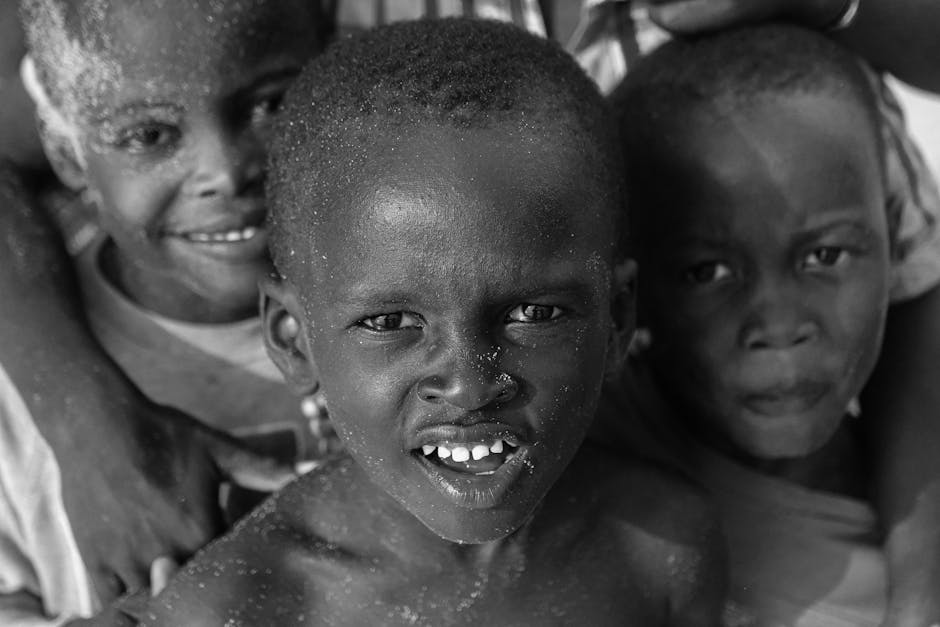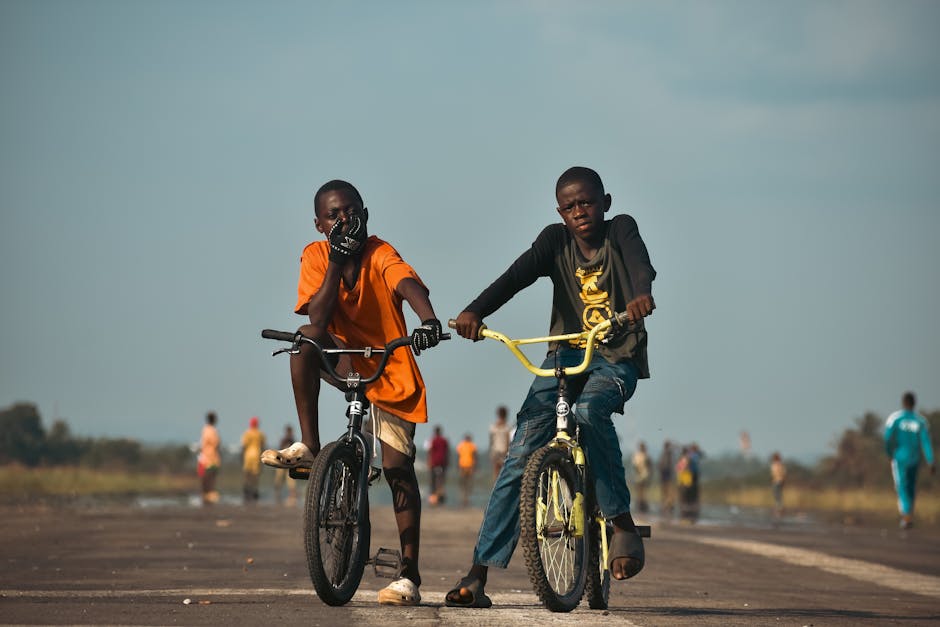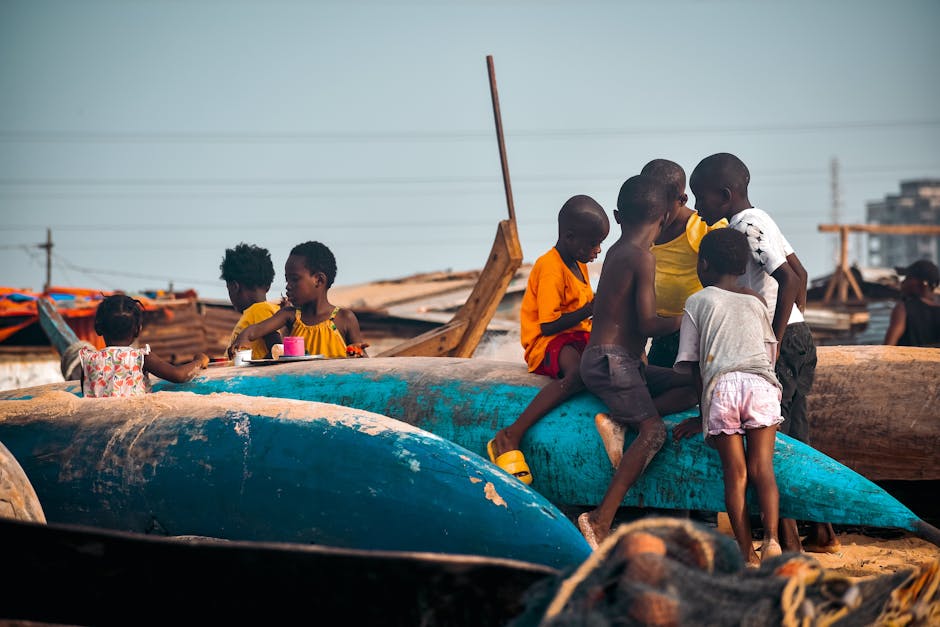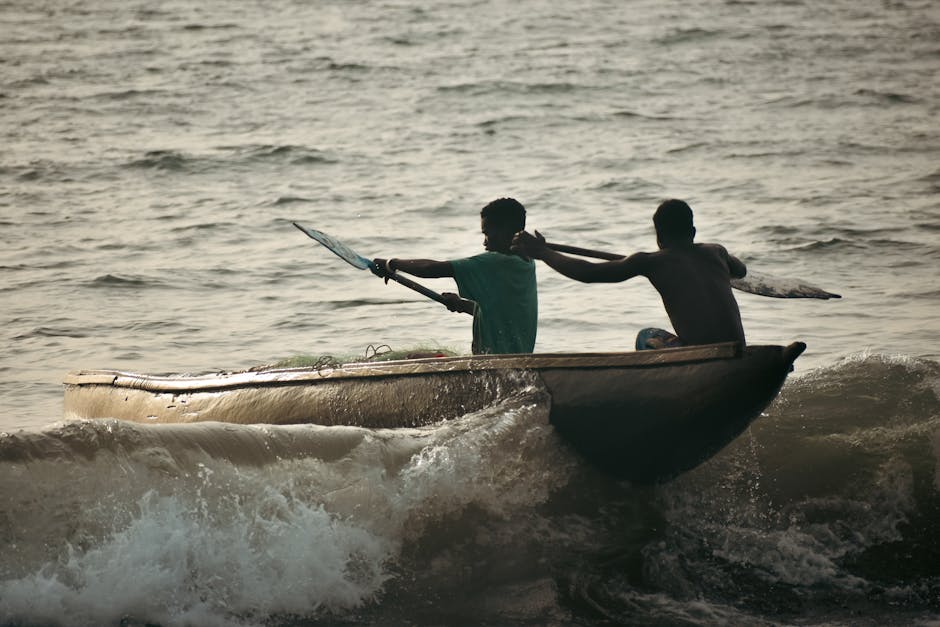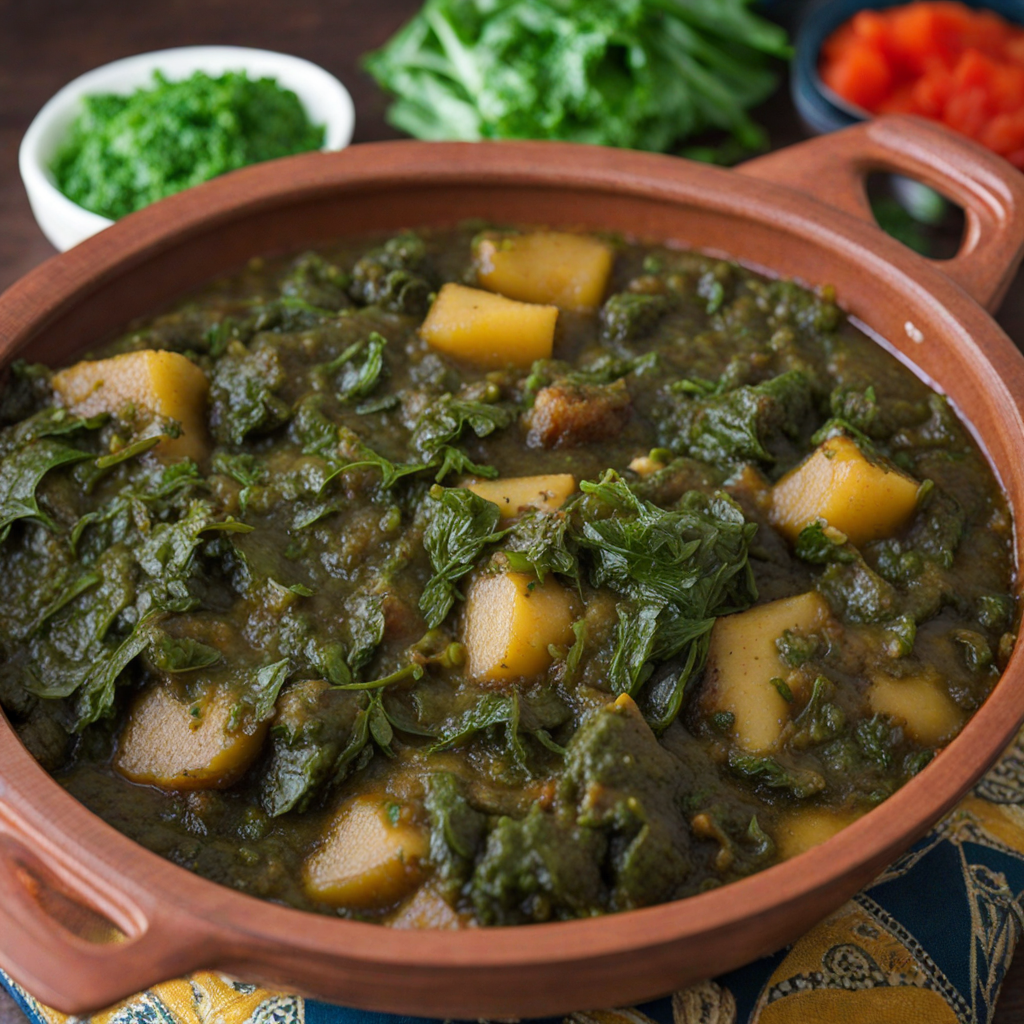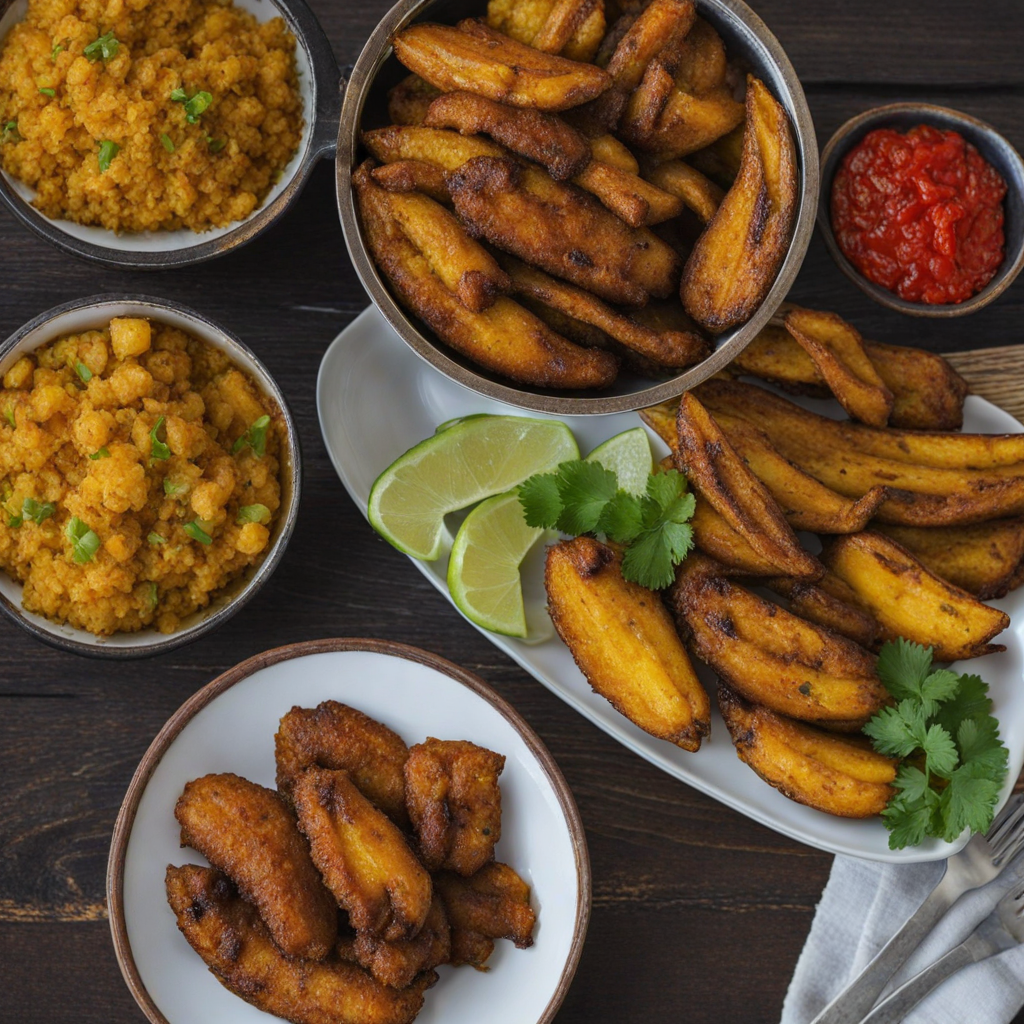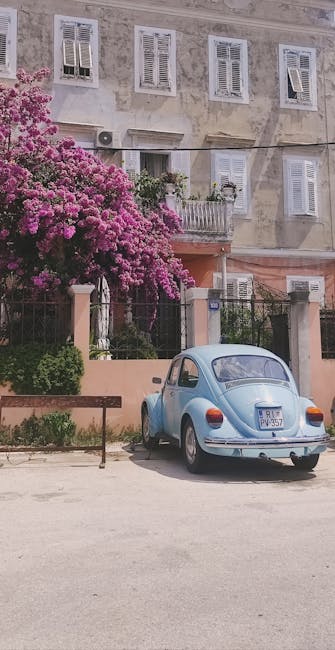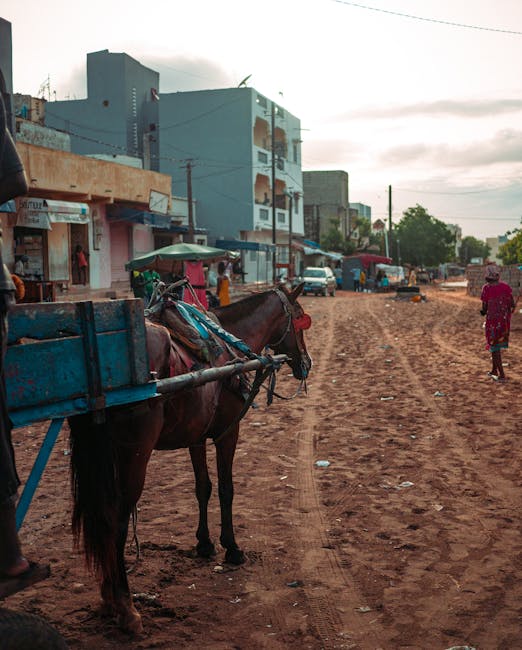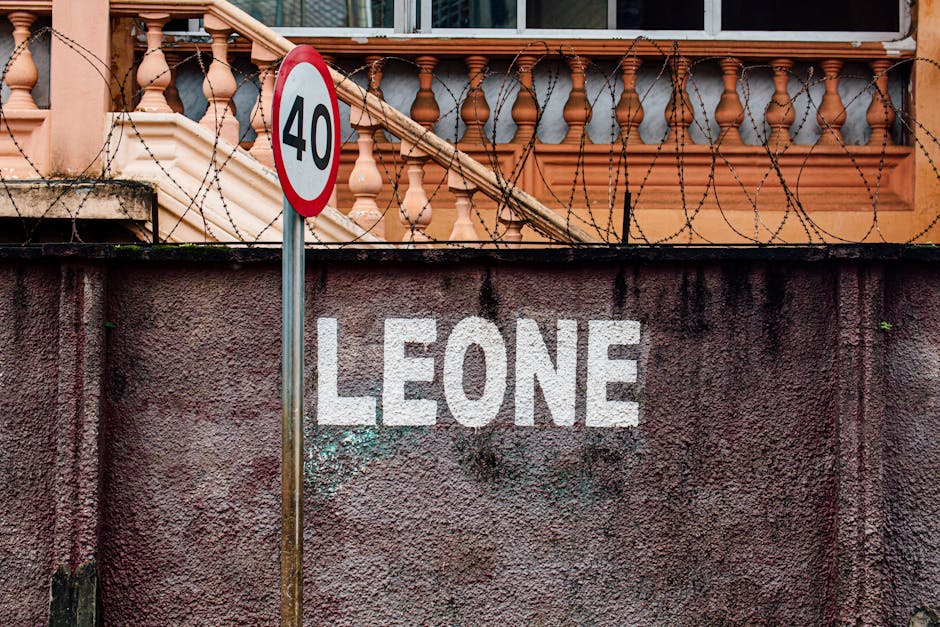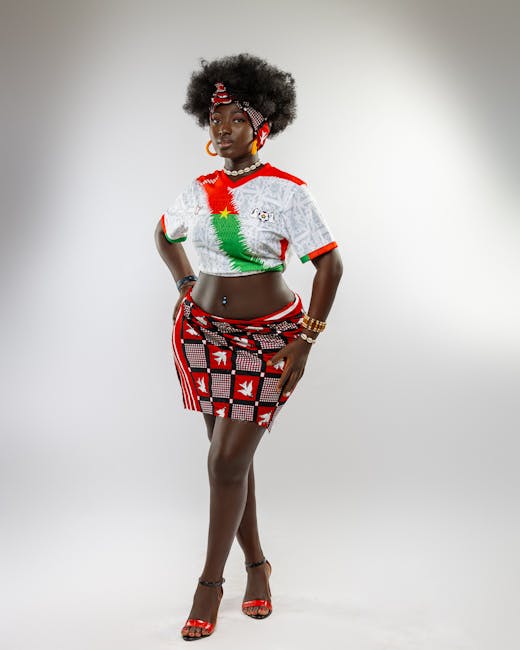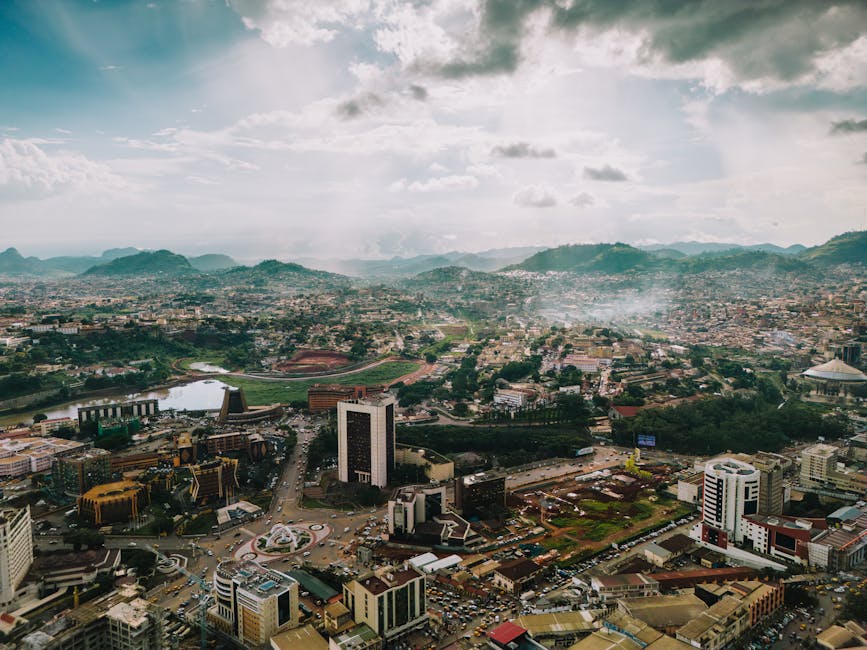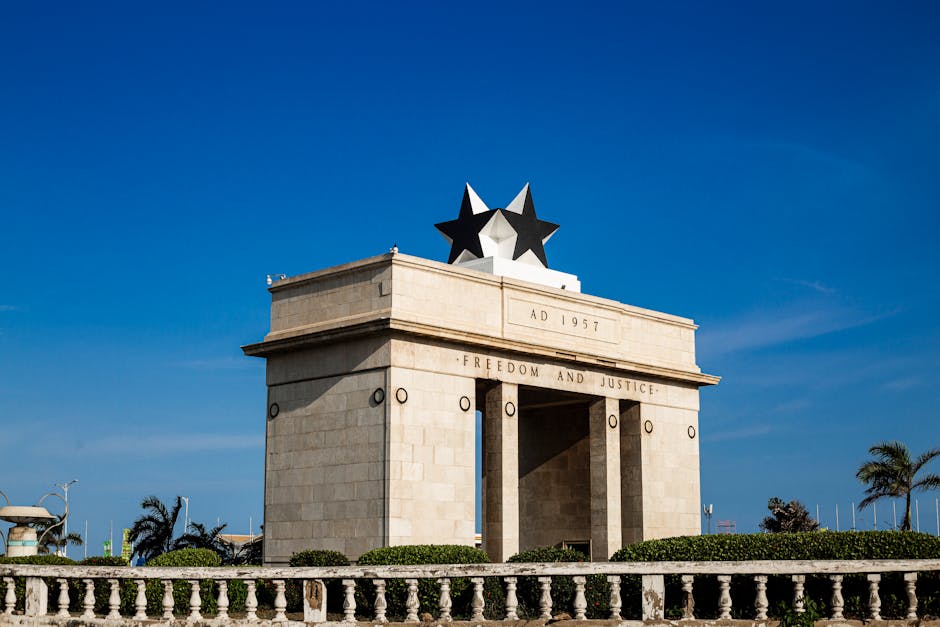Liberia
Overview
Liberia, located on the west coast of Africa, is a country steeped in rich history and cultural diversity. It is unique as it was founded by freed African American and West Indian slaves in the 19th century, which has significantly influenced its culture, blending American and indigenous African traditions. The capital, Monrovia, named after U.S President James Monroe, is home to the National Museum, offering a deep insight into the country's history. Liberia's natural beauty is breathtaking, with lush rainforests, stunning waterfalls, and sandy beaches. The people are known for their hospitality and warmth, making it a welcoming place for visitors.
The high season for tourism in Liberia is during the dry season, which runs from November to April. During this time, the weather is relatively cool and pleasant, making it the perfect time to explore the country's outdoor attractions. Visitors can enjoy the beautiful beaches of Robertsport, a haven for surfers, or explore Sapo National Park, the second largest area of primary rainforest in West Africa known for its diverse wildlife. Other activities include hiking in the Nimba Range, a UNESCO Biosphere Reserve, and visiting traditional villages to experience local customs and traditions.
Before visiting Liberia, travelers need to ensure they have all the necessary travel documents. It is mandatory for all visitors to have a valid passport and a visa. Yellow Fever vaccination is required, and it's advisable to also take precautions against malaria. English is the official language, but a local dialect, Liberian English, is widely spoken; learning a few phrases could prove beneficial. While credit cards are accepted in some establishments in Monrovia, it's important to note that cash is predominantly used in most parts of the country, especially in rural areas. Lastly, respecting local customs and traditions is essential when visiting Liberia, as it is a culturally rich and diverse nation.
A Glimpse into the Past
Liberia, a country located on the West African coast, holds a unique place in history as a nation founded by freed American slaves. The story of Liberia is one of resilience, cultural blend, and the struggle for identity and governance. The capital city, Monrovia, named after U.S. President James Monroe, serves as a focal point of this narrative, where the past and present intertwine in a vibrant tapestry of cultures.
The roots of Liberia's history can be traced back to the early 19th century when abolitionist movements in the United States gained momentum. In 1822, the American Colonization Society established a settlement on the West African coast for free blacks and formerly enslaved people. This settlement would eventually evolve into the nation of Liberia, officially declared in 1847. The settlers, primarily of African-American descent, encountered indigenous tribes, leading to a complex relationship characterized by both cooperation and conflict.
The early years of Liberia's independence were marked by the emergence of a ruling class known as the Americo-Liberians, who sought to replicate the societal structures of the United States. They established a government, modeled after that of the U.S., but this often led to tensions with the indigenous populations. The indigenous people were marginalized politically, socially, and economically, which sowed the seeds of discontent that would erupt in later years.
One of the most notable places reflecting Liberia's rich history is Fort Sill, located near Monrovia. This fort was a strategic military installation during the early years of colonization, serving as a defensive outpost against potential threats. Today, it stands as a testament to the early military engagements and the struggles faced by the settlers in securing their foothold in Africa.
As Liberia grew, it faced numerous challenges, including economic difficulties, political strife, and social unrest. The country experienced several coups and leadership changes, with the most significant being the coup led by Samuel Doe in 1980. Doe’s rise to power marked the beginning of a tumultuous period characterized by civil war, human rights abuses, and a struggle for control that would last over a decade.
The civil war, which erupted in 1989, transformed Liberia into a battleground, with various factions vying for power. The conflict devastated the country, leading to widespread displacement, loss of life, and destruction of infrastructure. Notable locations like the National Museum of Liberia in Monrovia bear witness to this turbulent history, as they house artifacts and documents that tell the story of a nation in turmoil.
Amidst the violence, the international community began to take notice, leading to peace talks and the eventual establishment of a transitional government in the early 2000s. The end of the civil war in 2003 paved the way for a new era. Ellen Johnson Sirleaf made history by becoming Africa's first elected female head of state in 2006. Her presidency brought hope for stability and development, with efforts focused on rebuilding the war-torn nation and promoting reconciliation.
While in Monrovia, visitors can explore the Providence Island, a significant historical site where freed slaves first landed in Liberia. The island holds cultural importance and serves as a reminder of the nation’s origins. It features a memorial that honors the resilience of those who fought for freedom and established a new home.
Liberia's natural beauty is equally compelling, with attractions like Sapo National Park, the largest protected area in the country. This park is home to diverse wildlife, including endangered species such as pygmy hippos and several primate species. The park offers eco-tourism opportunities for travelers seeking to connect with Liberia's rich biodiversity and lush landscapes.
Another must-visit site is Buchanan, the capital of Grand Bassa County, known for its beautiful beaches and vibrant local culture. The town is a hub for rubber production and has historical significance, having been an early settlement for freed slaves. Visitors can engage with the local community, explore artisanal markets, and enjoy the stunning coastal views.
Liberia's cultural landscape is a blend of its indigenous heritage and the influences of its Americo-Liberian founders. The country is home to over 16 ethnic groups, each with its unique customs, languages, and traditions. Festivals such as the Bassa Festival and the traditional Juju Festival showcase the rich cultural diversity and provide travelers with an immersive experience into the local way of life.
As you travel through Liberia, be sure to visit Lake Piso, one of the largest lagoons in the country, located near the town of Robertsport. The picturesque lake is surrounded by lush greenery and serves as a habitat for various bird species. It is an ideal spot for relaxation, fishing, and enjoying the tranquil beauty of nature.
The current socio-political landscape of Liberia continues to evolve, with ongoing efforts to strengthen democratic institutions and promote economic development. The resilience of the Liberian people is evident in their commitment to rebuilding their nation, which has faced immense challenges. Travelers can witness this spirit of hope and determination in the bustling markets, lively street scenes, and warm interactions with locals.
In conclusion, Liberia is a country rich in history, culture, and natural beauty. From the struggles of its past to the vibrant life of its present, Liberia offers a unique travel experience that is both educational and inspiring. Visitors can explore historical sites, engage with diverse cultures, and appreciate the breathtaking landscapes that define this remarkable nation. Whether you find yourself in the bustling streets of Monrovia or the serene environments of Sapo National Park, Liberia promises an unforgettable journey into the heart of West Africa.
Top cities for tourists in Liberia
Discover the Famous Cities That Might Captivate Your Interests
Must-Try Foods You Can't Afford to Miss
Indulge in a Variety of Fantastic Foods During Your Stay in Liberia
May Be Your Next Destinations
People often choose these countries as their next destination


